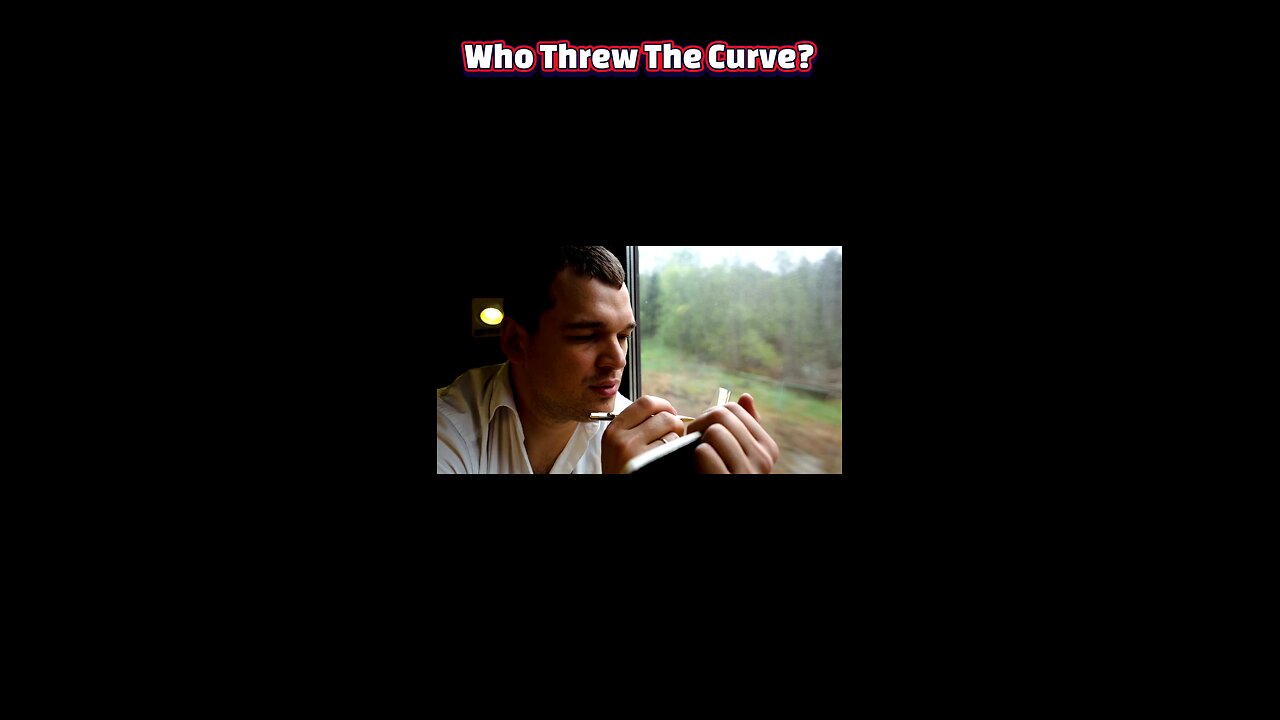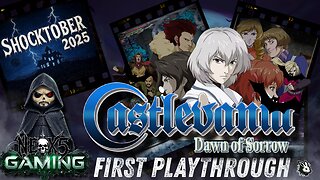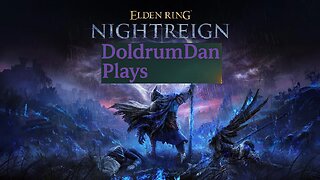Premium Only Content

Inside My Ethics Lab: How I Tackle Real-Life Moral Dilemmas
#EthicalDilemmas #MoralChoices #LifeDecisions #SelfReflection #JournalingForGrowth #PersonalEthics #DecisionMaking #MindsetShift #LifeLessons #SelfImprovement
Keeping a journal of ethical dilemmas is a way to slow down the blur of everyday decisions and actually see what kind of person you’re becoming. Memory is selective, especially when guilt, pressure, or pride are involved; a written record cuts through the fog and preserves the full texture of a moment, facts, feelings, and the stakes for everyone involved. When you document these moments, you transform them from nagging thoughts into deliberate case studies. The point isn’t to be perfect; it’s to become honest enough with yourself to choose better next time.
Start by capturing the situation with unflinching clarity: what happened, who was affected, what constraints you faced, and what values were in tension. Note your first instincts and the emotions underneath them, fear of disappointing someone, desire to please, anger, ambition. Record the options you considered, including the ones you were tempted to ignore. This snapshot becomes your raw material: a map of your mind under pressure.
Then, navigate. Consider the decision from multiple ethical angles: outcomes for all stakeholders (consequentialism), respect for duties and rules (deontology), the kind of character you’re cultivating (virtue ethics), and the relationships that require care and trust (ethics of care). Write out the best argument for each path, as if you had to defend it to someone you respect. Pressure-test your choice with questions like, “Would I be comfortable if this were public?” or “Would I advise a friend to do this?” Commit to a decision, and write why.
Return to the entry after the dust settles. What actually happened? What did you underestimate, and what surprised you? If harm occurred, document how you repaired it, or how you plan to. Over time, patterns emerge: recurring triggers, rationalizations you lean on, virtues you naturally express, and weaknesses you need to train. This turns your journal into a personal ethics lab, where you iterate on your character with evidence, not vibes.
The real payoff is quiet confidence. You won’t eliminate dilemmas, but you’ll stop being owned by them. A habit of reflection makes your choices more coherent, your apologies more precise, and your boundaries easier to hold. People learn they can trust your word because you’ve trained yourself to mean it. Keep the journal, not to look good, but to become someone whose decisions can carry real weight, especially when no one’s watching.
-
 2:31:44
2:31:44
BBQPenguin_
2 hours agoThis is one of the BEST FREE TO PLAY Games!
7.67K -
 1:14:12
1:14:12
Sports Wars
6 hours agoMark Sanchez STABBED And Arrested, Bill Belichick DISASTER, MLB Playoffs, NFL Week 5
42.4K2 -
 1:30:58
1:30:58
Lara Logan
2 days agoENEMY AT THE GATES: Trevor Loudon Unmasks the Sinister Alliance Working to Destroy America | Ep 38
47.6K71 -
 LIVE
LIVE
NeoX5
4 hours agoCastlevania: Dawn of Sorrow | Part 1 | First Playthrough | Rumble Gaming
36 watching -
 LIVE
LIVE
DoldrumDan
2 hours agoDAY 3 NEW LIFE - DEPTH 4 RANKED NIGHTREIGN
10 watching -
 40:24
40:24
The Connect: With Johnny Mitchell
1 day ago $16.65 earnedInside The WORST Drug-Infested Slums Of Medellin, Colombia
51.7K24 -
 5:11:54
5:11:54
ttvglamourx
6 hours ago $10.84 earnedSUSSY SUNDAY !DISCORD
35.9K7 -
 4:12:00
4:12:00
TheItalianCEO
6 hours agoBest VIDEO GAMES on a Sunday
35.3K1 -
 17:14
17:14
Mrgunsngear
1 day ago $12.22 earnedDerya DY9 Review - The Best Budget Glock Clone?
47.3K12 -
 8:46
8:46
It’s the Final Round
1 day ago $2.66 earned💰NFL Week 5 Best Bets🔥Player Prop Picks, Parlays, Predictions FREE Today October 5th
38.7K
